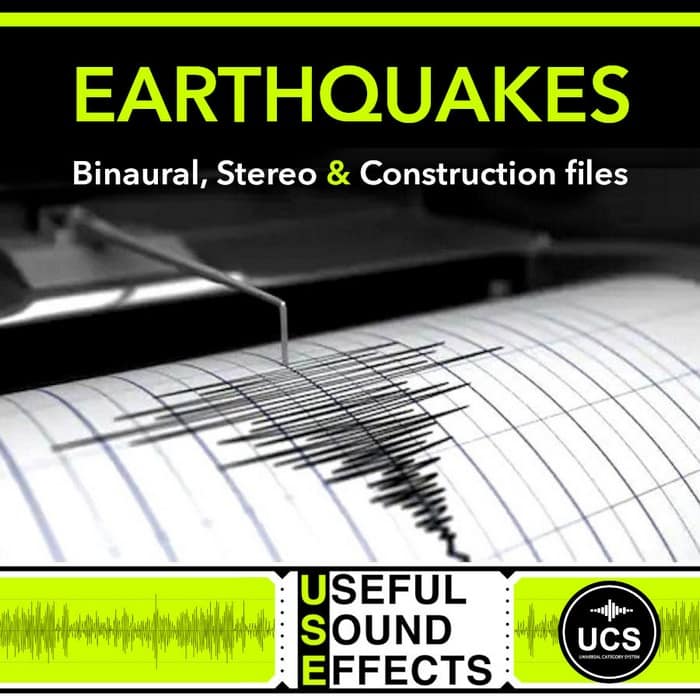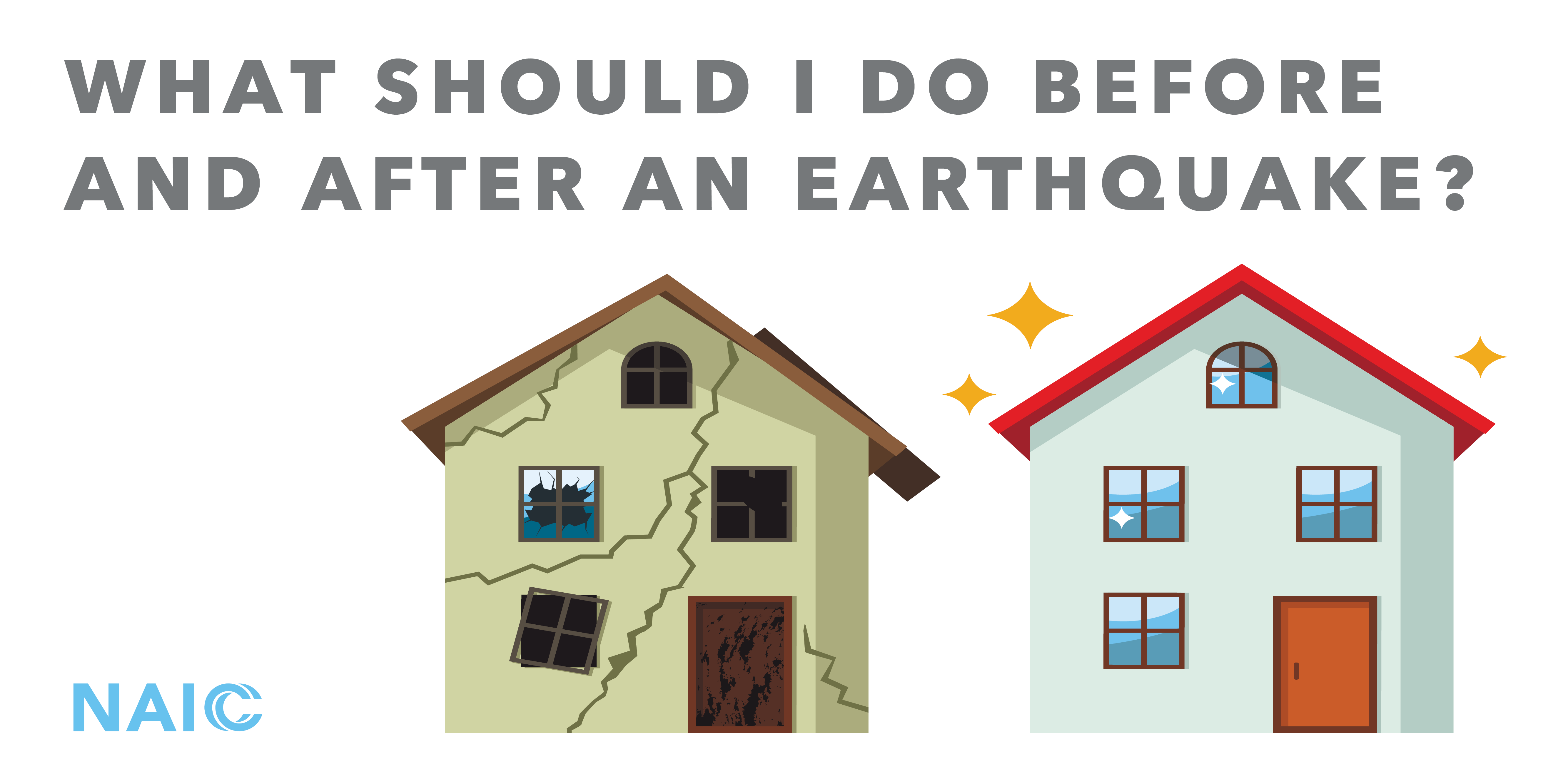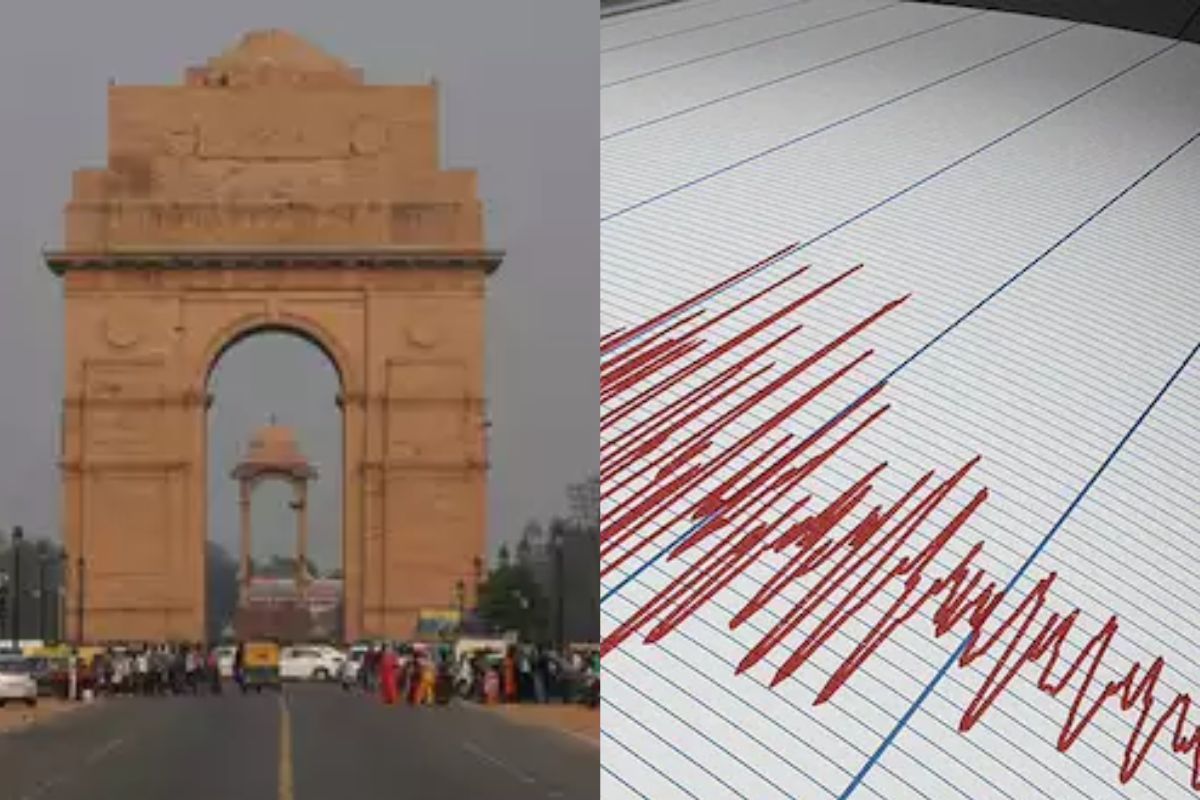Perfect Info About What Is The Weird Sound Before An Earthquake

Earthquakes Earthquake Sound Effects Library
Unraveling the Mystery
1. The Pre-Quake Symphony
Have you ever heard a weird rumble, a low hum, or maybe even a series of pops and crackles right before the ground starts shaking? You're not alone! Many people describe hearing unusual sounds preceding earthquakes, and the question of whether these noises are real and what causes them has intrigued scientists (and scared the bejeezus out of the rest of us!) for quite some time. It's easy to dismiss anecdotal evidence, but enough accounts exist to warrant further investigation, isn't it?
These noises, often described as anything from thunder to a train passing by, raise an important question: are these sounds a real phenomenon related to the earthquake itself, or is it just our imaginations playing tricks on us as our anxiety levels rise? Perhaps a combination of both?
Think about it. You are already nervous, the cat is acting weird, and then you hear a strange noise...of course, your mind jumps to the worst-case scenario. But, with advances in seismology and a growing number of reported instances, researchers are beginning to dig deeper into the possible origins of these unsettling pre-quake sounds. It's not just about identifying the sound; it's about understanding why it happens.
What makes things even more interesting is the variety of sounds reported. Its not always a uniform "rumble." Some describe sharp, cracking noises, while others talk about a deep, almost subsonic hum that you feel more than you hear. This variation suggests that multiple factors might be at play, and the specific geology of the region likely has a significant role in shaping the auditory experience.

What Should You Do Before And After An Earthquake?
What is the "Weird Sound Before an Earthquake"?
2. Deciphering the Sounds
Okay, let's get down to brass tacks. When people say they hear a "weird sound" before an earthquake, what exactly are they describing? The accounts vary widely, which, as we discussed, can make pinpointing the source difficult. Some common descriptions include:
• Low-Frequency Rumble: This is probably the most frequently reported sound. It's often described as a deep, sustained hum or rumble, similar to distant thunder or a large truck idling nearby. This type of sound tends to be more unnerving because it can be felt as a vibration in the chest and is often associated with larger, more powerful earthquakes.
• Crackling and Popping: Others describe sharper, more distinct sounds like crackling, popping, or even grinding. These sounds might indicate fracturing rock or the movement of underground structures. These noises are often higher in frequency and can be particularly startling, especially if you're already on edge!
• Whooshing or Whining: Less frequently, some people report a whooshing or whining sound, almost like wind rushing through a tunnel. This could be related to the release of gases or the movement of fluids within the Earth's crust before the earthquake occurs.
The perception of these sounds can also be influenced by factors like the observer's distance from the epicenter, the local geology, and even the individual's hearing ability. So, what one person perceives as a loud rumble, another might barely register as a faint hum.

The Science Behind the Sounds
3. Delving into the Scientific Theories
So, what's the scientific explanation for these pre-earthquake noises? While there's no single, universally accepted answer, several theories are being explored by seismologists and geophysicists. Here are a few of the leading contenders:
• Rock Fracturing: As stress builds up in the Earth's crust before an earthquake, rocks begin to fracture and break. These fractures can generate seismic waves that travel through the ground and can sometimes be detected as sound waves. The size and type of fracture would influence the type of sound heard. A large fracture could create a deeper rumble, while smaller fractures might sound like crackling.
• Piezomagnetic Effect: This theory suggests that stress in the Earth's crust can alter the magnetic properties of rocks, which in turn can generate electromagnetic waves. These waves can then interact with the atmosphere, potentially creating audible sounds. This theory is still under investigation, and the link between electromagnetic waves and audible sounds is not yet fully understood. It sounds a bit like science fiction, but sometimes reality is stranger than fiction!
• Movement of Groundwater: The movement of groundwater through fractures and pores in the Earth's crust could also generate sound. As water is forced through narrow passages, it can create vibrations that propagate through the ground and are heard as sound. The type of sound would depend on the velocity of the water, the size of the passages, and the composition of the surrounding rocks.
• Atmospheric Changes: Some scientists propose that changes in atmospheric pressure or electrical activity before an earthquake might contribute to the sounds. For example, ionization of the air due to stress could generate audible sounds. This theory is less widely accepted, but it's important to consider all possibilities. It's also worth noting that atmospheric conditions can affect how sound travels, so the same underground activity could generate different sounds under different weather conditions.

Can These Sounds Predict Earthquakes?
4. The Million-Dollar Question
Now for the question everyone wants answered: can these sounds be used to predict earthquakes? Sadly, the answer is not a simple yes or no. While the study of these sounds is valuable and can contribute to our understanding of earthquake mechanisms, relying solely on these sounds for prediction is not currently feasible.
There are several reasons for this. First, the sounds are often sporadic and inconsistent. Not everyone hears them before every earthquake, and the type of sound can vary widely. This makes it difficult to establish a reliable correlation between the sound and the impending earthquake.
Second, other factors, such as construction noise, thunder, or even animal activity, can mimic the sounds associated with earthquakes. Distinguishing between these "false positives" and genuine pre-quake sounds can be challenging, especially without sophisticated monitoring equipment.
Finally, even if we could reliably detect these sounds, knowing that an earthquake is imminent is not the same as knowing when and where it will occur, or what magnitude it will be. Accurate earthquake prediction requires a combination of various data points, including seismic activity, geological information, and potentially, the study of these unusual sounds.

This Weird Cloud Was Captured In Turkey Before The Earthquake Hit
What Should You Do if You Hear These Sounds?
5. Practical Steps to Take
Even though these sounds aren't a foolproof predictor, hearing them might give you a few precious moments of warning. So, what should you do if you think you hear something unusual that could be related to an impending earthquake?
• Stay Calm: Panicking won't help. Take a deep breath and try to assess the situation rationally. Is there any other possible explanation for the sound?
• Observe Your Surroundings: Pay attention to any other signs of an earthquake, such as shaking ground, rattling windows, or objects falling from shelves. If you notice any of these signs, take immediate action.
• Drop, Cover, and Hold On: This is the standard earthquake safety protocol. If you feel the ground shaking, drop to the ground, take cover under a sturdy table or desk, and hold on tight until the shaking stops.
• Stay Informed: Monitor official sources of information, such as the U.S. Geological Survey (USGS) or your local emergency management agency, for updates and instructions. Don't rely on social media rumors or unverified sources.

Weird Airplane Like Sounds Before And After The Earthquakes YouTube
FAQ
6. Your Burning Questions Answered
Let's tackle some of the most frequently asked questions about these pre-earthquake sounds.
Q: Are these sounds always present before an earthquake?A: No, not always. Many earthquakes occur without any audible warning, and sometimes the sounds are subtle and go unnoticed.
Q: Can animals detect these sounds better than humans?A: It's possible. Some animals have a wider range of hearing than humans, and they might be more sensitive to the low-frequency sounds associated with earthquakes. However, further research is needed to confirm this.
Q: Should I be worried if I hear these sounds?A: It's wise to be aware, but not to panic. Pay attention to your surroundings and any other signs of an earthquake. Knowing what to do in an earthquake situation is always a good idea, regardless of whether you hear any strange sounds.
Q: Where can I report sounds I heard that might be related to an earthquake?A: While there isn't a centralized reporting system solely for sounds, you can report your experience to earthquake research institutions or share it on relevant online forums and discussions. This helps contribute to the collective knowledge about this phenomenon.